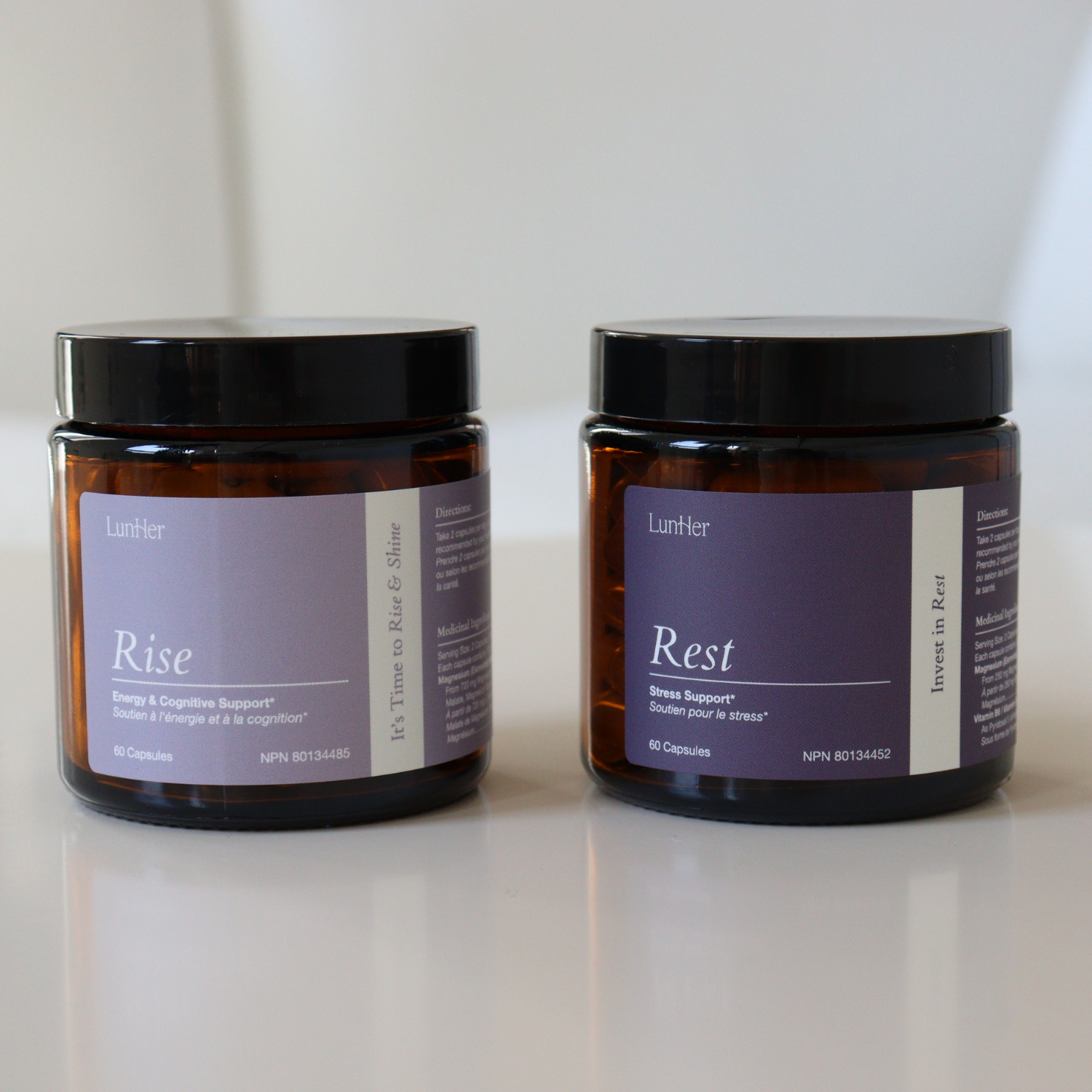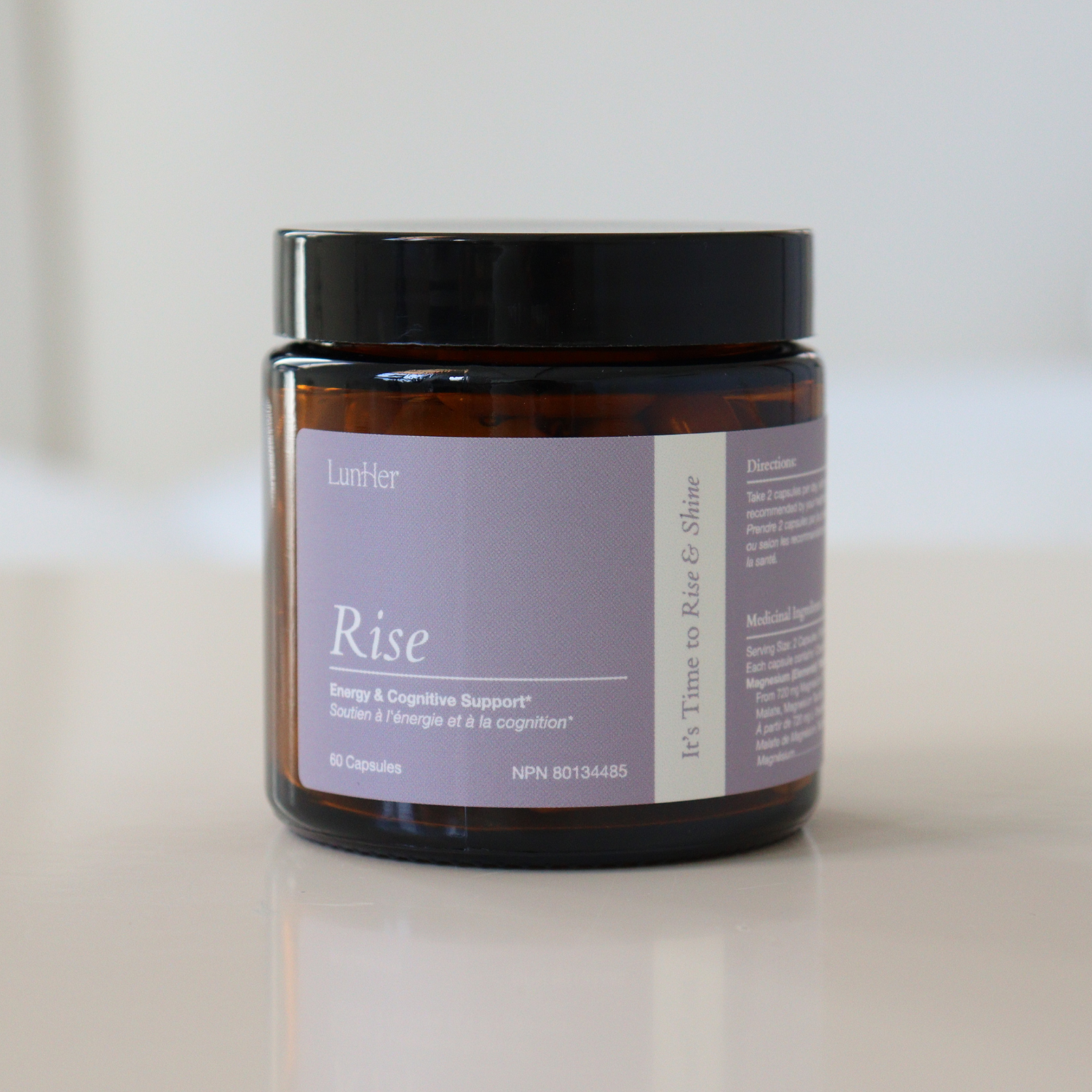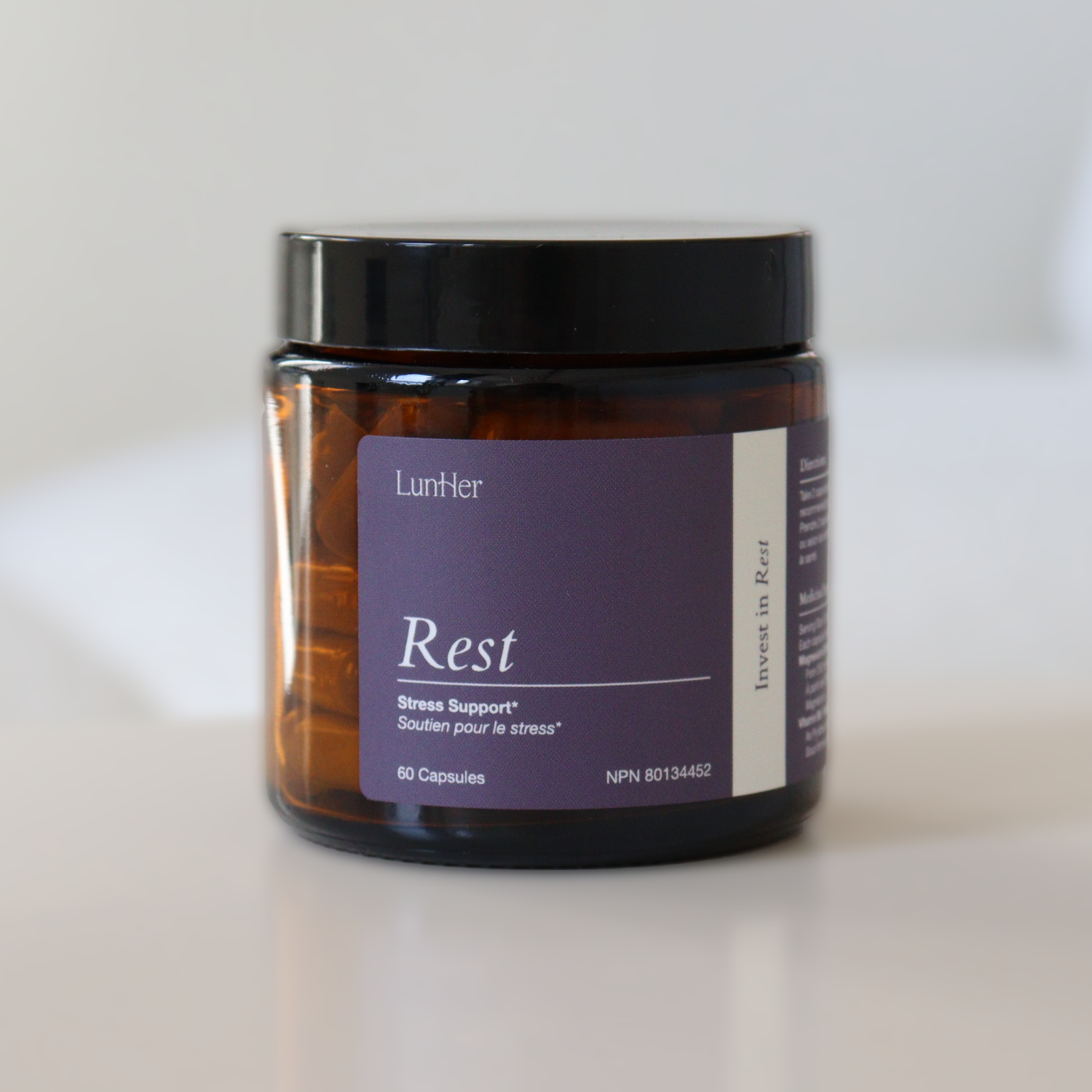
The Simple Way to Know What Vitamins and Supplements You Need
Almost everyone has some experience with vitamins, even if the last ones you took were children’s gummies. However, with thousands of products on the market, the process of choosing the right vitamins and supplements can be overwhelming.
The LunHer Take
Your body needs vitamins and minerals. They help your body function, grow, and repair itself every day.
Supplements aren’t meant to replace any part of your diet. They’re there to support you and fill in any gaps that you might not be able to get through food alone.
Each individual is different so don’t expect supplements to be a miracle cure. Consult a healthcare professionals to determine the best vitamins and supplements for you.
Step One: Know What Your Body Actually Needs
Your body needs two main types of essential nutrients: vitamins and minerals. They help your body function, grow, and repair itself every day.
The 13 Essential Vitamins
At the most basic level, vitamins are essential substances your body’s cells require to function, grow, develop and heal properly. There are 13 “essential vitamins”: vitamins A, C, D, E, K, and the B vitamins, B6, B12, biotin, folate, niacin, pantothenic acid, riboflavin, and thiamine. Each one plays a vital role such as supporting immunity, metabolism, brain health, and even your mood. A major deficiency in any one of these vitamins could lead to serious health problems.
The 16 Essential Minerals
In addition to the 13 essential vitamins your body needs, there are 16 essential minerals, which you might recognize from the periodic table. Unlike vitamins, minerals are “inorganic,” meaning they do not contain a carbon atom.
There are two types of minerals. Macrominerals are nutrients that your body needs in relatively large amounts, which includes calcium, magnesium, phosphorus, potassium, sodium, chloride, and sulfur. Trace minerals are needed in smaller amounts which includes iron, zinc, iodine, chromium, copper, fluoride, molybdenum, manganese, and selenium.
Other Important Nutrients
Another nutrient to note is choline, which is widely understood to play a critical role in nerve and brain function. Meat, eggs and poultry are all excellent sources of choline. Strict vegetarians may want to consider taking a choline supplement.
In addition to vitamins and minerals, there are other nutrients that are backed by established research, including omega-3 fatty acids. Additionally, antioxidants such as CoQ-10, are gaining recognition for their essential role in the healthy function and immunity of the body’s cells. These examples represent opportunities to improve wellness beyond the basics of vitamin and mineral intake.
Step Two: Look at Your Diet
It’s important to note that supplements should never replace a nourishing diet but they can help fill in the gaps.
The US Food and Drug Administration sets a Recommended Daily Intake (RDI) for the essential nutrients to help people manage their nutrition. The RDI is simply how much of each nutrient is needed each day for healthy adults. The nutrition labels on foods will list the nutrients they contain, as well as the percentage of your RDI for each particular nutrient. This information is helpful to ensure that you are not consuming too much or too little of any nutrient in a given day. If your daily intake falls short of these RDIs, especially for key nutrients like vitamin D, iron, or B12, it might be time to supplement.
When it comes to your diet, more isn’t always better. In some cases, having too much of an essential vitamin or mineral can be as dangerous as having too little. For example, too much potassium can cause diarrhea, vomiting and an irregular heartbeat. Be careful when considering any dietary supplements and always be mindful of the upper limits for vitamins and minerals. As a general rule, it’s best to check with a healthcare professional if you are unsure.
Step Three: Consider Your Lifestyle & Health Goals
The RDI is a useful benchmark for the bare minimum of the essential nutrients an average person needs. However, this one-size-fits-all approach can still leave potential gaps in your nutrient intake. Your nutrient needs shift based on your life stage, stress levels, sleep quality, movement habits, and health history.
You also may want to get more or less of certain vitamins depending on your specific short-term and long-term health goals. If you have trouble sleeping, or if you’re concerned about long-term heart health because of your family history, taking supplements could help.
Even the most health-savvy individuals could benefit from a professional opinion or alternative perspective. Additionally, a brief online assessment could be a convenient way to receive recommendations tailored to your specific needs and goals. As scientific research into nutrition continues to progress, online resources are a valuable tool in navigating this important topic.
The Bottom Line
Once you’ve taken inventory of your diet, lifestyle, and goals, you can start filling in the blanks. While supplements offer many benefits to your overall health, they are meant to support not replace. Make sure you’re prioritizing real, whole foods and maintaining a nourishing diet. When in doubt, consult a professional. Your body is unique and your supplement routine should be, too.





